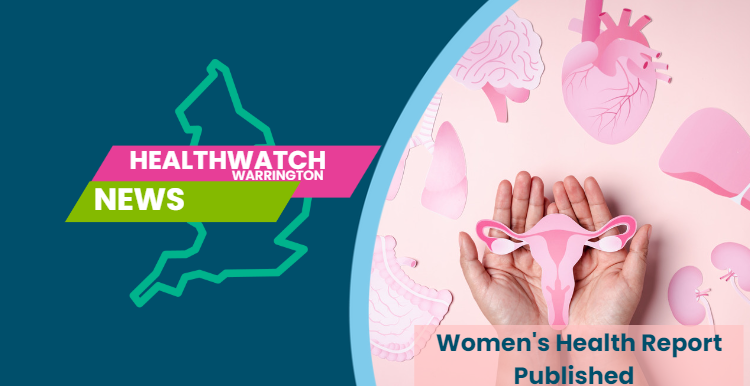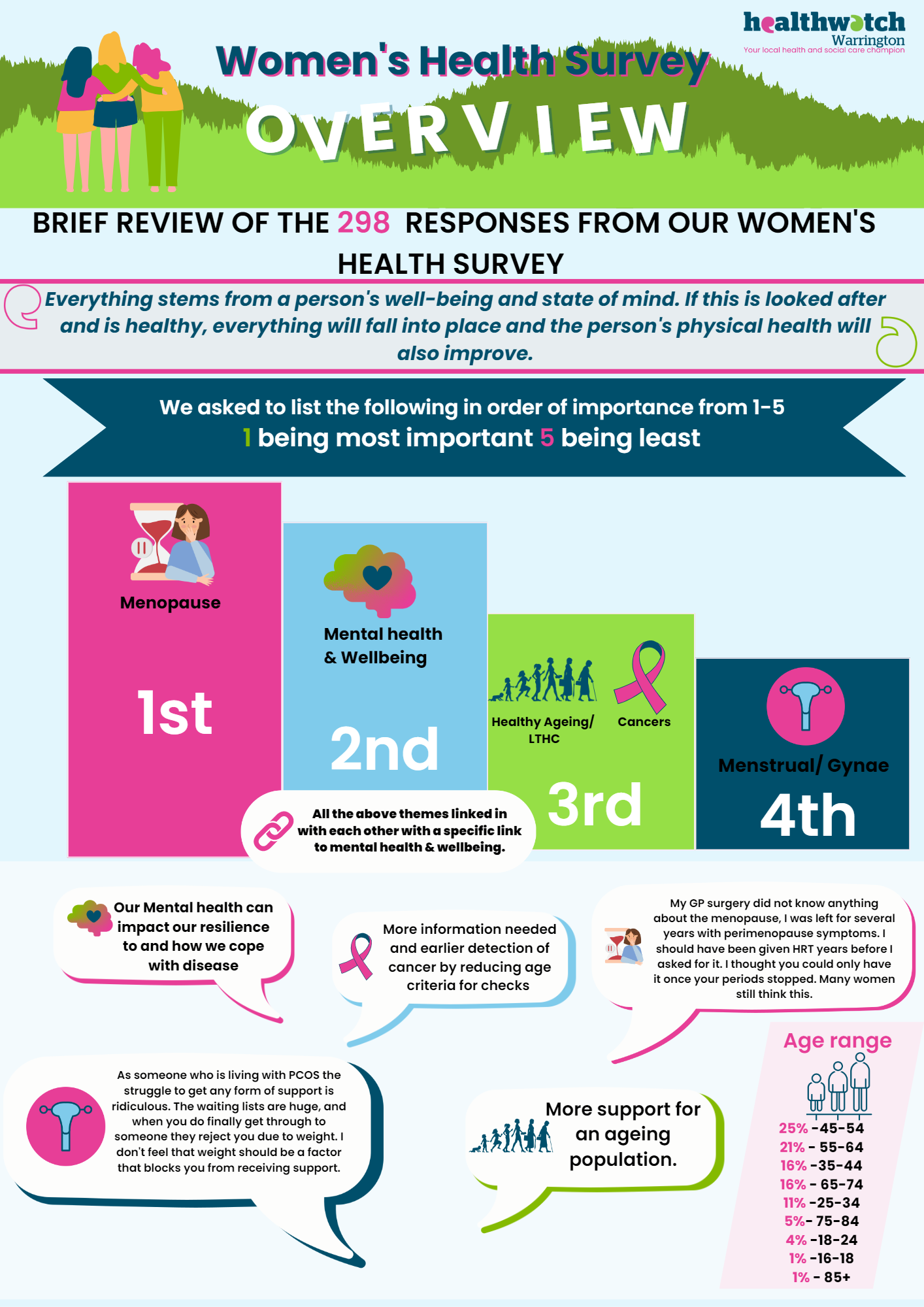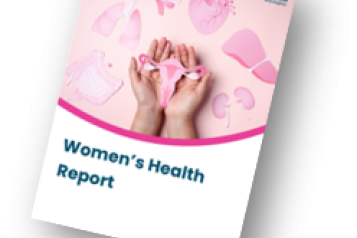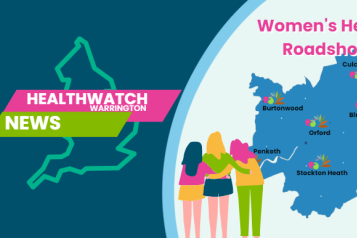Menopause identified as a key priority following Women's Health Survey Results


A number of themes emerged, especially around the lack of knowledge of menopausal support and choice for women. After shortlisting this priority to the public vote, Healthwatch organised a women's health event at Winmarleigh House in the town to expand their outreach. They also worked with their digital expertise and created a survey for women to identify themes around women's health services - linked to the National Gov.UK Women’s Health Strategy for England (updated 30th of August 2022) Department of Health and Social Care.
A total of 51% of the population (Women) face obstacles when it comes to getting the care they need. Although women in the UK on average live longer than men, women spend a significantly greater proportion of their lives in ill health and disability when compared with men.
Healthwatch CEO Lydia Thompson said: "Not enough focus is placed on women-specific issues like miscarriage or menopause, and women are under-represented when it comes to important clinical trials.
She said the Healthwatch Women’s survey was a ‘snap shot’ sample, and was not meant to be representative of the population of women in Warrington.
The women surveyed commented that they wanted to be ‘heard and treated with respect.’ Younger women had said that they were ‘fobbed off’ and were not sent for exploratory scans etc to aid them with a diagnosis around their gynaecological complaints. Strong pain relief was prescribed on an ongoing basis, instead of exploring why the pain was there in the first place.
Demand for services has increased, but the quality of service should be upheld.
Women have commented that menopause is not just about women, as it affects families. More information and education about the condition is urgently needed for everyone.
Healthwatch is currently meeting with Warrington Place partners to discuss recommendations and is delighted that discussions around providing GP training are in progress following their Women’s Health event in March this year.
Lydia added:
At the event, Healthwatch Warrington was pleased to be supported by several medical speakers including Dr Helena Nik who runs a menopause clinic at Warrington Hospital.
There is good work happening in Warrington, but it is minimal due to several indicators. Early discussions with PCN leads are positive and Healthwatch will also link in with Cheshire and Mersey Women’s Health strategy to ensure they can work and share good practices.
A video of the full Women’s Health event and all the speakers can be viewed here:

